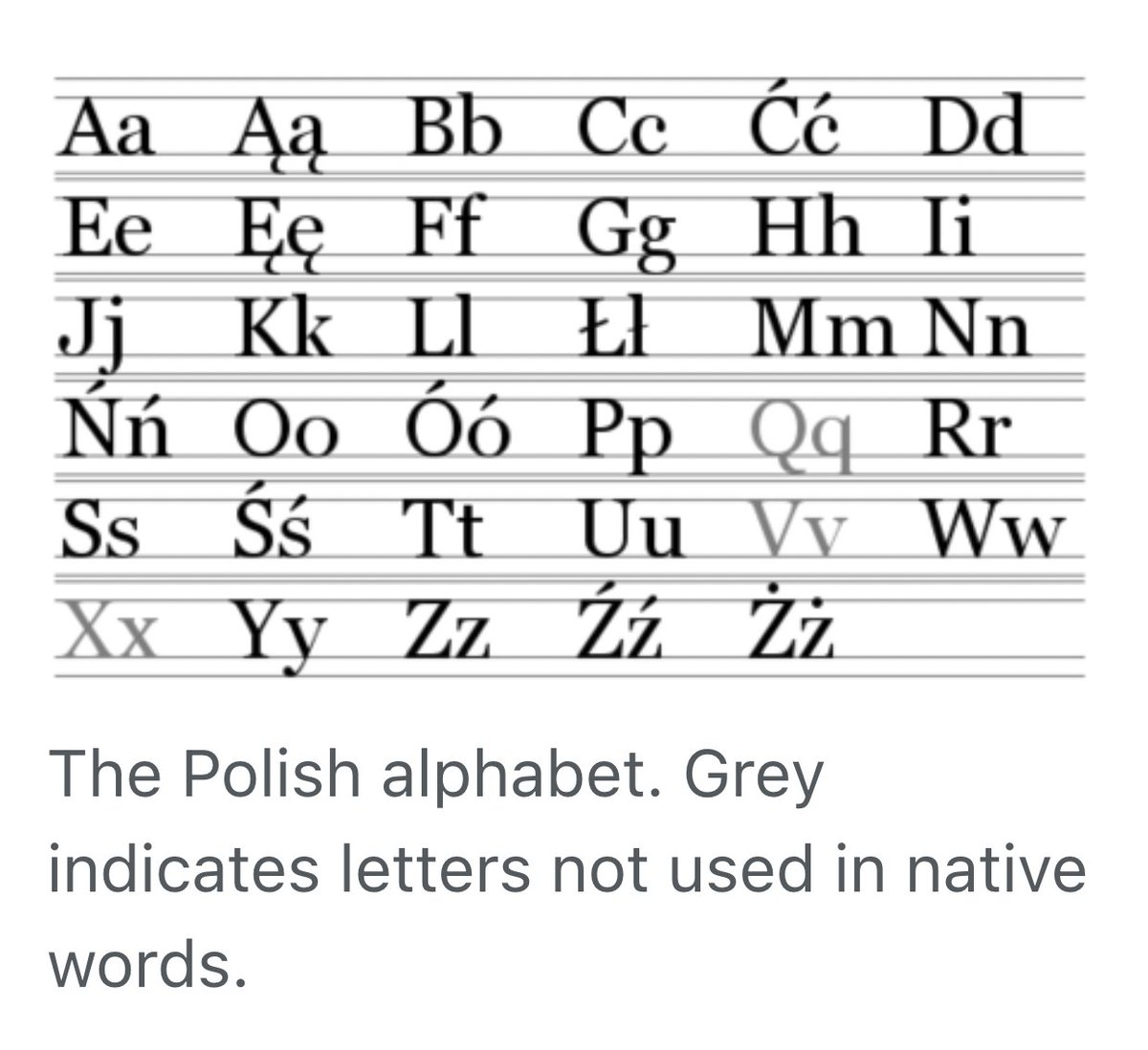
CPO at https://t.co/BNZzlkTfVp. Founder of https://t.co/hOAmca8qLm and https://t.co/dRwgbZCSOw. Coffee-making, parenting, building, exploring: RU → CN → NZ → CL → UK → NZ → PL → UK?
How to get URL link on X (Twitter) App



